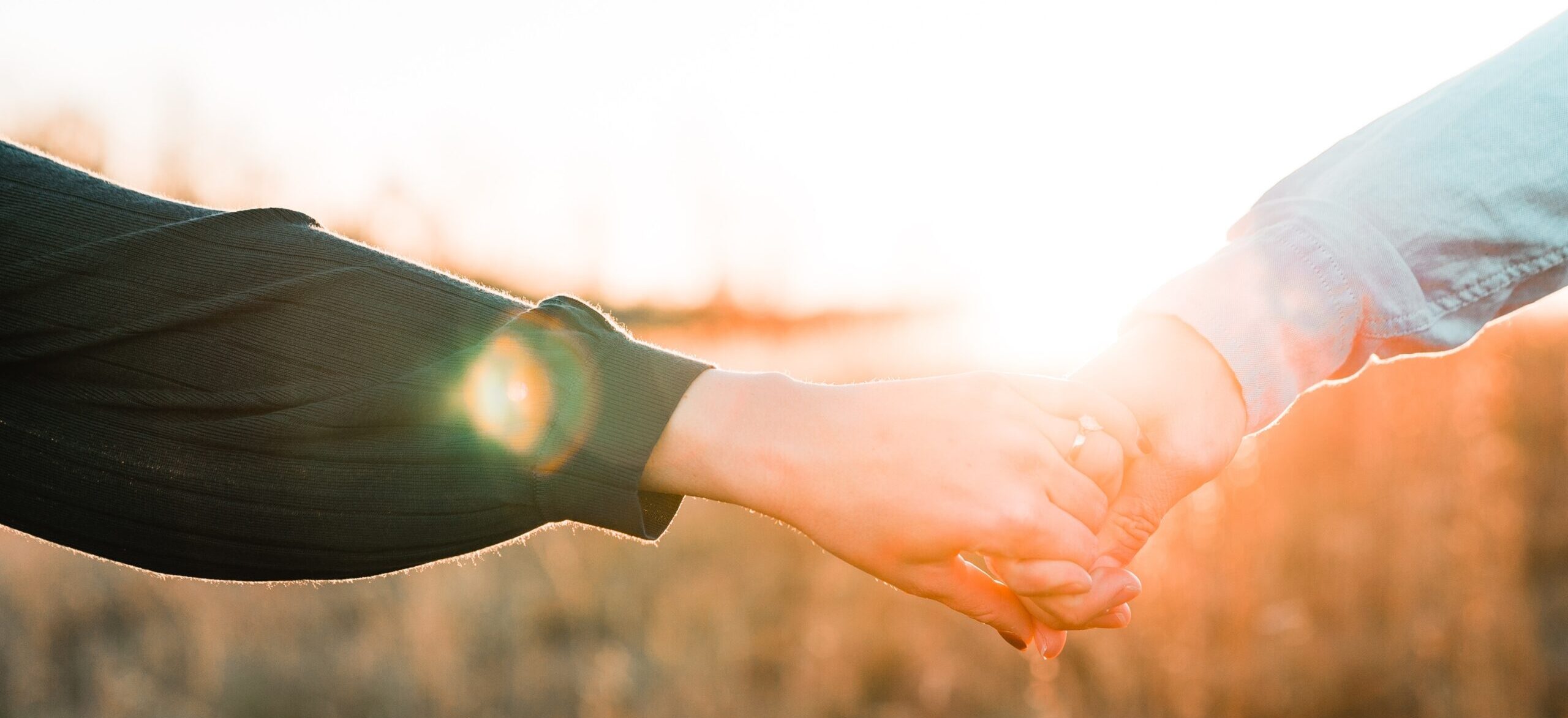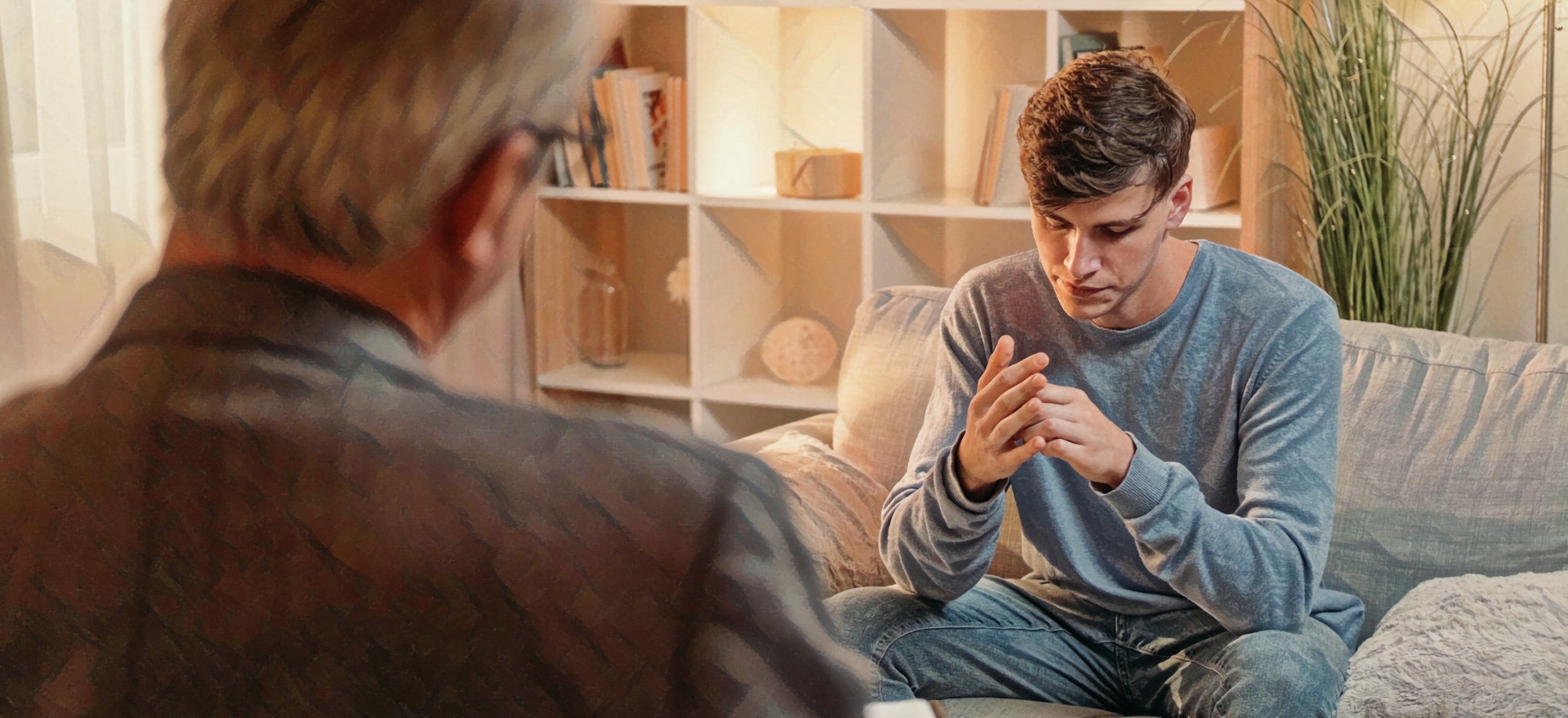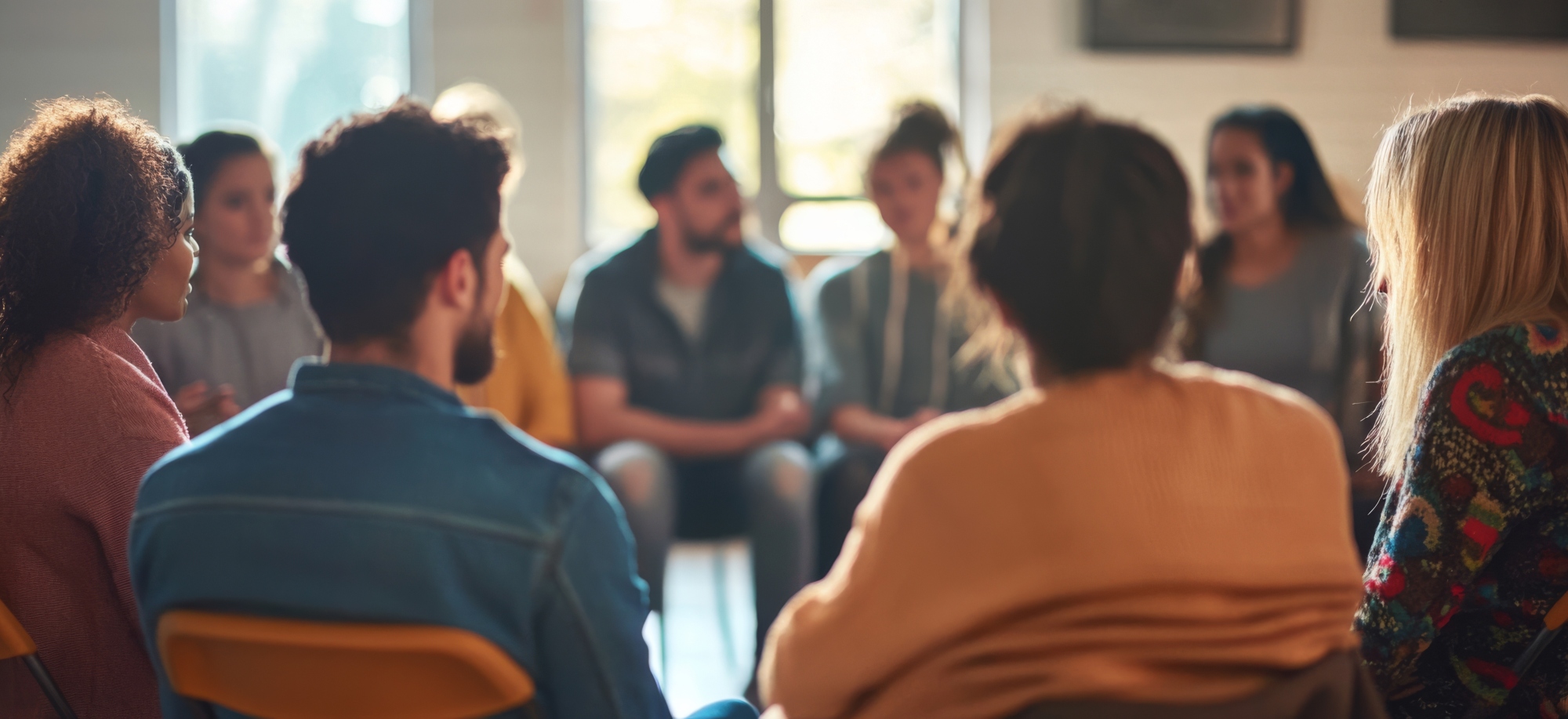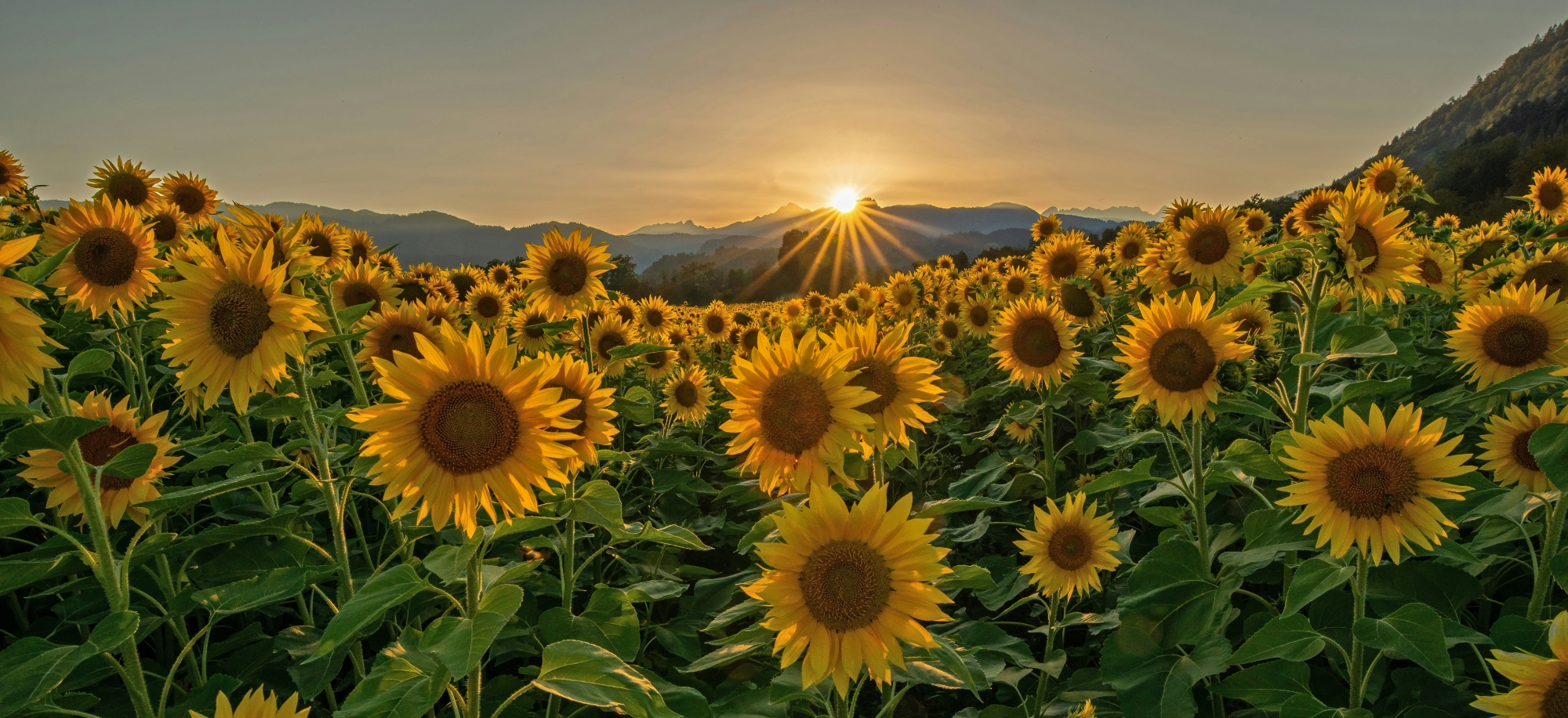An invisible bond connects survivors. In the face of tragedy, things which often divide us – like politics or religion – fall away.
I’ve been filled with memories and concern the past few days, as I’ve watched the devastating damage and flooding in Texas. I worked as a crisis counselor in Louisiana following Hurricane Katrina and still vividly recall the faces and stories of people who had lost their homes, their businesses, their communities and all sense of control in their life. Now it’s happening again. The damage is incalculable and the need for support overwhelming.
This morning I saw a news report that reinforced what I learned during Katrina. In situations like these, sometimes we cannot wait for authorities or agencies to come to the rescue. We must band together and do what needs to be done. This video shows neighbors who formed a human chain to prevent an elderly man from being swept away in his car. Countless other private citizens brought their boats or reached out with more acts of kindness than can ever be counted.
Seeing strangers link hands to rescue the stranded gentleman reminded me of how many times I’ve heard survivors refer to the Alliance of Hope forum community as their “lifeline” in the challenging aftermath of suicide. Over the years, I’ve read comments like this one:
“I lived in a very rural, small town, and had no counsellors or support groups near to me. I knew I had to have help. I was going towards the place where he had been. … I honestly do not know that I would not have followed him by now if I had not found this place. This is my lifeline. This is where I go every day to give me just enough strength to go a little farther in this journey. … I would be a sinking ship in a stormy sea without all of you.”~PamL)
An invisible bond connects survivors. In the face of tragedy, things which all too often divide us –like politics or religion –fall away. United by our humanity after tragic loss, we reach out to each other.
Many survivors who have been around for a while know that in the early months after a suicide, those closest are more likely to feel suicidal than the general public. The emotional, physical, social, and economic challenges of surviving can feel daunting. We know something that researchers and authorities are just starting to figure out: Postvention is Prevention.
US National Guidelines already exist, urging organizations to take”bold and drastic action” to give compassion to those exposed to suicide. Yet, it is still up to us to reach out to each other. We are the lifeline that provides hope when hope is gone. We are the ones who offer friendship to those who feel most alone. We are the face of courage in the wake of tragedy. Together, in community, we help each other through the darkest of times.
As we enter September, which is officially designated “Suicide Prevention Awareness Month,” I am fully present to the importance of kindness. Kindness Matters. To those who have lost a loved one to suicide, and to all who are hurting, it matters a lot.
When I am asked to speak about suicide prevention this month, I will bring kindness to the forefront, and I will talk about the need to fund and expand suicide postvention programs for survivors. Perhaps someday, there will be a shift in the funding and availability of programs and trained mental health professionals, but until that day comes, we are the ones we have been waiting for.




